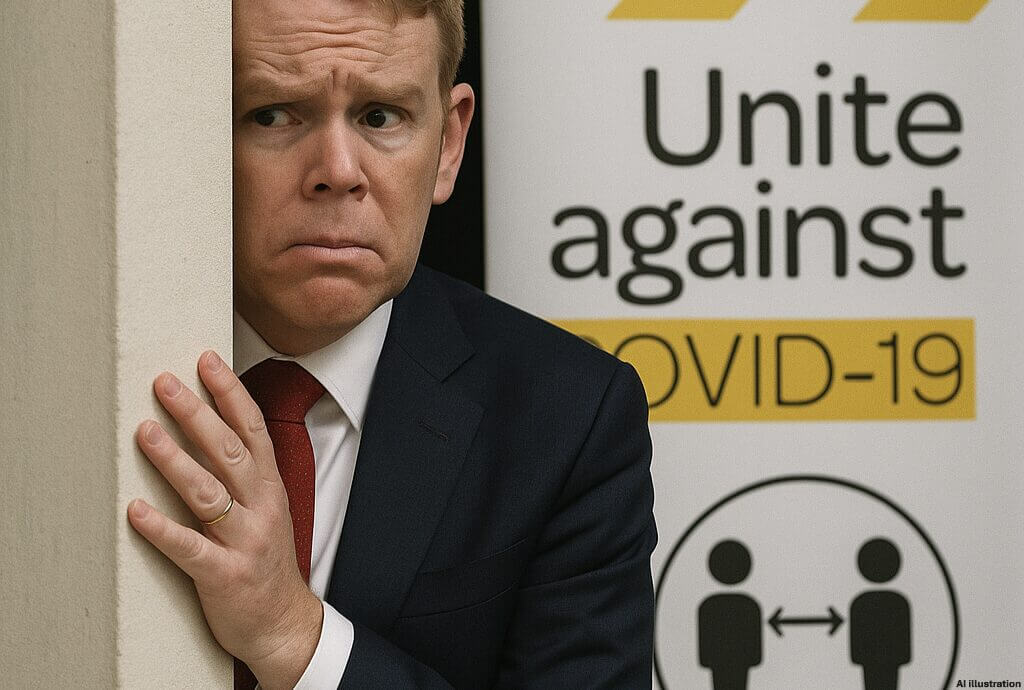Summarised by Centrist
David Turver, reporting from this year’s Battle of Ideas Festival in London, noted how speakers clashed on the viability of nuclear versus renewable energy sources like wind and solar.
Turver argues that nuclear power, despite political hurdles, offers a more reliable and efficient solution than intermittent renewables.
One debate, “Is nuclear the future of energy…again?” examined nuclear power’s potential, with Robert Reid of the Scottish Alba Party claiming that offshore wind was cheaper.
Turver countered these claims, pointing out that current wind projects are far more expensive than nuclear, explaining that the energy return on investment in nuclear power is far greater.
Turver used the “chocolate teapot fallacy” to illustrate the impracticality of relying solely on wind and solar power for modern economies.
“Arguing for wind and solar in place of nuclear power is akin to arguing in favour of chocolate teapots because you cannot wait for a ceramic one. No matter how many chocolate teapots you buy, you can never make tea; just like no matter how many wind turbines and solar panels you install you can never run a modern economy on intermittent electricity,” he writes.
The barriers to nuclear energy, Turver argues, are largely political and regulatory, rather than technical.



















